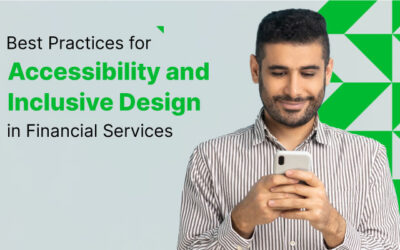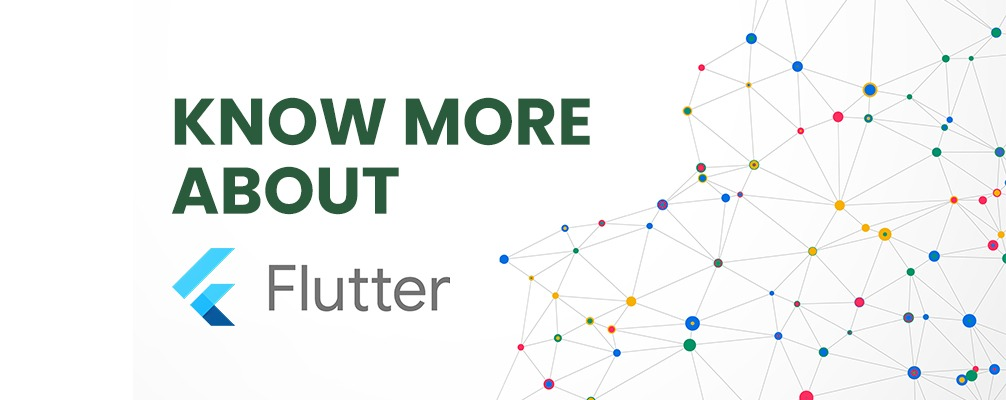
The Covid-19 has created a new normal which seems to be lasting for a while now. Just like any other pandemic which comes unannounced and creates a havoc, Covid-19 has made every populated land across the world suffer. What’s more surprising is the fact that the European countries which claim to have the best health care facilities have also faced the wrath of this pandemic. Highly skilled doctors, world class infrastructure and high standards of living do not complete the puzzle. The missing part of the puzzle is ‘Technology,’ an element which puts other three into work. Confused? Let’s take the case of India. Despite having a poor doctor-to-citizen ratio, despite an average medical infrastructure and a huge population living below the poverty line, India played smart with its Arogya Setu mobile application. The smartphone revolution swept the country by storm and courtesy to 3G, 4G services and better connectivity even in rural areas, smartphones are being used by young and old, the haves and have-nots alike.
Aarogya Setu App, India’s main contact tracing initiative, was launched on 2nd April 2020. The app was developed by the National Informatics Centre under the Ministry of Electronics & Information Technology. Aarogya Setu is designed to keep track of other app users that a person cames in contact with. It then alerts its app users if any of the contacts tests positive for COVID-19. In Chennai, a clear plan of action has been drawn and Sector Health Workers and NGO outreach workers have been deployed for door-to- door survey to screen for fever, cough and breathlessness in both non-slum areas and slum areas. The Sector Health workers visit 100-150 houses daily and for every 15 sectors, there is one supervisor. A total of 11,957 sector health workers and 754 supervisors have been deployed till now.
Corporation of Chennai has also launched a mobile app, GCC Corona Monitoring. General public can use the app to report to the authorities in case they have any Covid-19 related symptoms. Once reported they get contacted by the doctors and get required attention. A person gets tracked by the ICMR, right from the time she/ he takes a Covid test at home or hospital till the treatment is over. The contact tracing is done to ensure tracking of people who have been in contact with this person for the previous few days.
This might sound as if invasion of privacy of an individual, but as long as the data is kept only for monitoring, it is good for the people to avoid community spread and contain it at the very early stage. The overall benefit seems to be really huge for the population on the whole. We as a country have done really well in fighting this pandemic, considering the size of the population, our basic attitude towards hygiene and discipline.
With technology empowering the health care and its consequences being evident, let us explore what technology has done to the wealth care. Since 15+ years, MSF has been in the business of building high performance and highly scalable solutions to cater to the needs of the financial services firms. This pandemic has in a way proved the robustness of Market Simplified’s solutions. With stock markets hitting all-time lows and people learning smart lessons from previous recessions, trading applications built by Market Simplified witnessed a huge surge in the number of active users. A brokerage client of Market Simplified was able to record highest-ever average monthly new accounts of over 1 lakh since the lockdown started in March 2020. Close to 20 lakh trades were executed on a daily basis. This speaks volumes of Market Simplified’s technological excellence and robustness of the platforms. Post this pandemic the world is more likely to be technology driven. Increasing smart phone penetration and the financial literacy will certainly help the cause.
A plethora of technology innovations are also likely to happen in the wealth care or financial services space. Features like hyper-personalization, much popularized by companies like Netflix to match a consumer’s likings with content, is also redefining customer expectations from financial service providers. Firms gather key customer data from multiple channels of interaction to build an accurate customer profile. Aided by big data and social media analytics, customers can receive highly personalized offerings and recommendations from BFSIs. Voice recognition is another key area of interest for technology companies as it plays a key role in making the user experience completely touchless (the new normal post Covid-19) with personal banking and placing trades in capital markets also happening through Alexa, Siri and Google Home. Another significant area leveraging AI/ML is the Robo-advisors. First one being brought to the market by Schwab, it has now become a key differentiator in the wealth management space. Many banks have also reduced their branch offices, replaced them with ‘Virtual’ banks leveraging VR (virtual reality) and AR (augmented reality). Also, a trading desk sometimes using up to six screens gets replaced by one VR-lens enabling traders to look at even more data in real-time.
From the look of things, every company is a financial services company. Customers pay the company for services availed. Companies accept payments, pay the vendors, give custom made offers to loyal customers, involve cash backs and many more monetary aspects. All such transactions create a mini fintech ecosystem within every organization. Another trend observed is the smartphone based touchless payments gaining prominence.
To sum it up, smartphones have become the medium of confluence for Health Care & Wealth Care. From enabling contact tracing to booking online consultations with doctors and opening demat accounts from home to making safe investments during the pandemic, the smartphone has made the confluence possible. The future certainly belongs to smartphones as they bring everything from your health to wealth at fingertips.




;)

